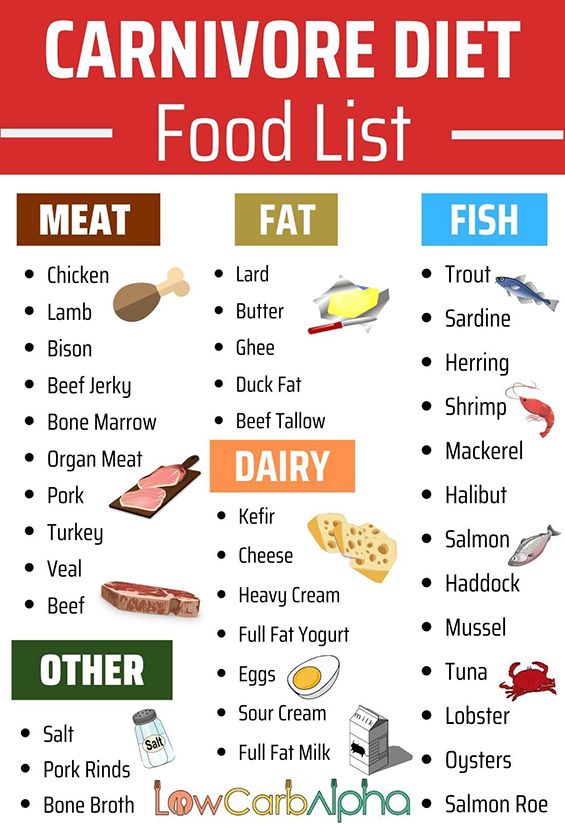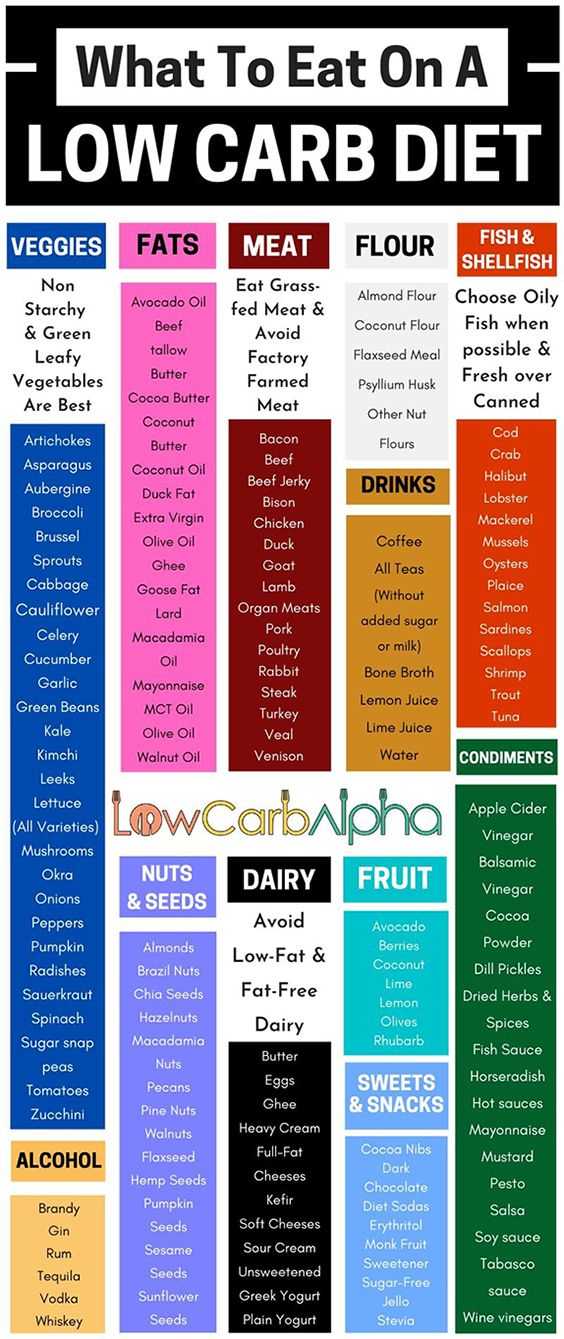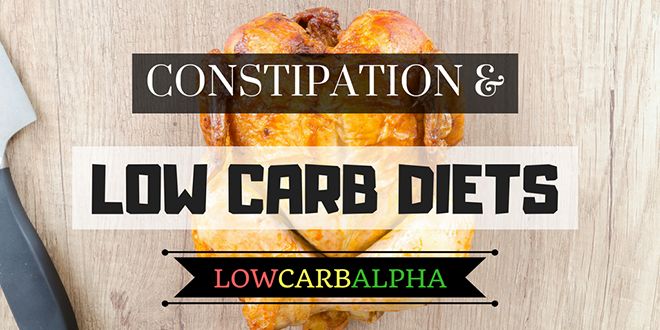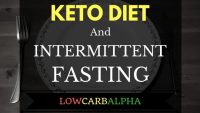This post may be sponsored or contain affiliate links. All opinions remain our own.(Full disclosure)

Do you follow a low carb or ketogenic diet? If you do, you certainly know the positive effects of weight loss.
When you shift to a high protein and high-fat diet, it can support your fat loss and fitness goals.
Although, depending on what you eat, it may not be adequate for keeping you regular.
If you are following an Atkins (carbs are restricted in Atkins diet) or ketogenic diet, or similar, then a possible side-effect may include constipation.
A keto diet is a high-fat, low-carb, moderate-protein diet used to manage neurological disorders.
Originally it was used to treat epilepsy in the early 1920s but has since become noted for its many health benefits.
Since carbs don’t enter into your body when you are on a low-carb or keto diet, the problem of constipation can be quite severe.
For this reason, feeling bunged up is a common side effect when eating a ketogenic diet.
Thus, we will discuss how to deal with constipation on the keto diet and combat constipation, especially if you don’t eat enough vegetables while in ketosis.
9 Ways to Reduce Constipation on a Keto Diet

1) Increase the Consumption of Fiber
As the diet is greatly low in carbs, it seriously limits the servings of fruits and vegetables you eat. You also excluded grains and other foods containing fiber.
Increasing fats and protein can put you at risk for constipation due to the lack of fiber-rich fruits and veggies.
Fiber allows you to stay on your target of low carb diet, without the problem of constipation.
Freely eat as green leafy vegs such as spinach, kale, and lettuce. The calories are super low while it gives a massive boost to your gut.
Check our low carb diet food list for a better understanding of what to eat.

2) Drink More Water
Drink lots and lots of water.
When you do not drink enough fluid, your body retains water to prevent dehydration.
Sipping on the most natural drink in the world can reduce water retention and a bloated belly.
When transitioning to a ketogenic diet, people sometimes don’t enjoy the plain taste of water compared to diet sodas or juices.
Put simply, though, the more water you drink, the less you go through constipation. Adequate hydration is a must on any meal plan.

3) Drink Water With Added Salt
Adding three to four pinches of salt to a glass of water and drink it twice a day on an empty stomach. Saltwater is an effective natural remedy for constipation.
Be sure to take this remedy while at home in case you have the sudden urge to use the bathroom.
A high-quality salt such as sea salt or pink Himalayan salt work best for this body cleanse.
Avoid this remedy if you have kidney disease or blood pressure concerns since high salt intake can worsen effects.
4) Drink Milk of Magnesia to get rid of Constipation
Milk of Magnesia has always been known for the kind of effect it has on constipation. If you are unable to get rid of constipation despite doing different things, drink Milk of Magnesia and find out how it works for you.

5) Eat More Fruit
Increase fruits that allow you to stay away from constipation.
There are a lot of fruits that will enable you to stay on your keto diet without making you go through the problem of constipation.
All berries are good here, such as raspberries, blueberries, and strawberries.
The pick of fruits would be avocado and olives to be sure of keeping carb intake minimal.
See other foods to eat on keto including fruits and veggies and more.

6) Warm Water with Honey
Drinking warm water improves bowel movement. If you struggle to drink enough water or don’t like the taste, then add a little bit of honey.
You can reduce constipation in a much more useful way.
7) Take Fiber Supplements
If you can’t physically take in as much food for whatever reason, then consider taking fiber supplements.
Psyllium Husk works very well as a capsule taken with meals.
Use Psyllium Husk in meals, and it can replace regular flour with a low carb replacement creating delicious keto recipes.
8) Survive on Fats
The best thing about fats is that they help in improving digestion.
If you want to continue with a low carb diet, you need to focus on increasing the intake of fats such as nuts and seeds so that you don’t go through constipation.
9) Add More Carbs
If constipation gets too severe, start taking carbs in low proportions.
If all of the above tips do not help, and you still go through the problem of severe constipation, you could begin to reintroduce carbs into your diet.
Add more natural and healthy foods to your diet, at least till you get rid of your constipation.

Is Low Carb or Keto Right For You
If you still encounter constipation after making the following modifications to your diet, visit your doctor to check for any underlying illnesses.
There are supplements and laxatives which can be used on a keto diet, although you wouldn’t want to take it long term.
Look to fix the diet and stay as natural as possible.
Even after making significant changes, it may not be enough to avoid feeling bunged up.
Increasing fiber intake won’t always be the solution. Your body may have just started eating foods it doesn’t recognize or which you hardly ate before.
Suddenly changing to a high protein high-fat diet can leave the body to process foods that are particularly hard to digest.
Fiber works for the majority of people, but if you’re more bloated than normal, it could indicate multiple issues.
What steps do you take to avoid constipation on a low carb diet and your measures for relief?










This is a great article and I’m thankful for the ideas. One thing that was left out was magnesium citrate. I take them in pill form and it has helped greatly while in the keto diet. We need added magnesium while on a keto diet.
I usually take Mag glycinate, but if I become constipated, I switch to mag citrate until resolved. Also, fiber, water, and exercise. Those 3 things keep the GI tract working, I think. Be sure to get your healthy fat in to keep things “lubricated,” if you get my drift. 🙂
What I struggle with is that, as a man, I should be eating 38g of fiber daily. At least that is what I’ve been told by medical nutritionists and it’s what you see as the new standard for daily intake. Since I am trying to be strict and follow a ketogenic diet and consume only 30g or less of carbs a day that is impossible.
At this point I am consuming 10 oz of avocado daily. One ounce of avocado has 2g of fiber so I’m getting 20g of natural fiber. But the net carb for 10oz of avocado is 26g of carbs. I also eat a huge dark green leafy salad (5 oz.) which requires a huge mixing bowl to hold. That gives me approximately another 3g of fiber and about another 5g worth of net carbs. So I’m pretty much at my limit for carbs.
Can I take just enough magnesium citrate to help move things along with what I’m doing above? I could really use some help.
I don’t believe you have the net carbs correct for the avocado, sounds more like total carbs.